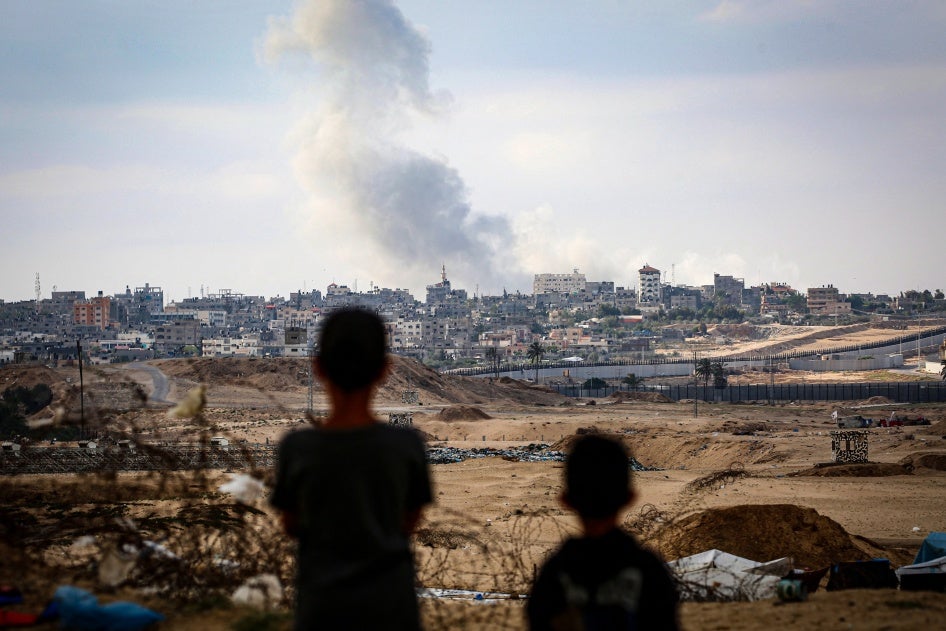Research
Our four main research themes:
Energy, Geopolitics,
Imperialism, and Governance
Natural Resources
and Political Ecology
Decolonizing Legal Frameworks
and Global Governance
Liberation, Reconstruction,
and Just Futures
At PICS, we believe that climate and ecological justice is inseparable from the struggle for liberation and sovereignty for all peoples. The fight for climate justice is inextricably connected with the fight against colonialism, capitalism, and militarism. Extraction and exploitation are endogenous to these systems.
– subjugating planet and people alike. Our research departs from the reality of this interconnectedness and seeks to expose these structures and connections therein.
As such, at the core of our Institute is justice-driven, transformative research rooted in Indigenous knowledge, grassroots resistance, and international solidarity. By collaborating with local and global scholars, activists, and grassroots movements, we seek to bridge the gap between lived realities and global climate politics, working towards a liberated, self-determined future with lasting ecological and climate resilience. This research lays the foundation for our advocacy, equipping allies with tools to amplify their impact and push for systemic reforms. PICS seeks to simultaneously produce and convene research that sets the foundation for advocacy. We are always open to collaborative knowledge-production processes. If you would like to discuss partnership and co-creation, please get in touch.
Palestine, as both an empirical and theoretical case, represents the intersection of global climate and liberation struggles. Energy and fossil fuels, natural resource extraction, environmental devastation, and global governance structures are all tools used by Israel and its allies to sustain power and control in Palestine and across the world.
Energy Geopolitics,
Imperialism & Governance
How do energy systems, militarism, and governance structures sustain settler colonialism and global climate injustice?
Fossil fuels and the energy system we have built around them are a cornerstone of global imperialist geopolitics – politically, economically, and ecologically. Israel and its allies weaponize energy and fossil fuels to maintain their global position of power and further dominate Palestine. At the same time, they push false climate solutions, like carbon markets, geoengineering and militarized climate interventions, and other greenwashed policies that sustain their economies and deepen climate injustice.
We endeavor to use research to uncover these dynamics, exploring how fossil fuel capitalism and energy imperialism perpetuate colonial extraction and ecological harm. We analyze the role of financial institutions, greenwashing strategies, and global energy policies and systems. We also examine locally-led movements advocating for energy sovereignty with strategies such as embargoes, divestment, and alternative governance models. In this way, we seek to contribute to an energy transition that is free from militarism and colonial exploitation.
Decolonizing Legal Frameworks
& Global Governance
How do energy, water, and food function as weapons of control and sites of resistance?
Access to land, water, and food is a fundamental human right. In Palestine, natural resources are weaponized in order to subjugate Palestinian communities, displace them from their lands, erase their culture and identity, and undermine their sovereignty and self-determination. Israel systematically blocks access to the use of natural resources, seizes Palestinian land, monopolizes water, and imposes extractive and restrictive land and agricultural policies.
We seek to highlight these phenomena in relation to climate-driven struggles around the world such as in the Congo, Sudan, and Turtle Island, to name a few. By centering de-colonial land stewardship in a comparative sense, our work re-politicizes Palestinian ecological justice and (re)connects local Palestinian struggles to global movements working towards ecological justice and food sovereignty.
Natural Resources
& Political Ecology
What legal, political, and multilateral frameworks can challenge settler ecocide and fossil colonialism?
Climate and ecological justice and Palestinian liberation are globalized in nature, requiring us to consider international governance structures to understand and generate effective strategies of resistance. Often these structures reinforce existing power dynamics rather than challenging them, as we see with Israel exploiting international legal frameworks to avoid accountability for its environmental crimes, while greenwashing its occupation. At the same time, global climate governance remains dominated by imperialist powers that continue to obstruct the sovereignty of post-colonial states.
Our research works to expose and counter settler-colonial legal frameworks that enable environmental destruction around the world, but especially in Palestine. We advocate for Palestinian representation in global climate negotiations, stronger alliances among Global South nations, and legal mechanisms to hold historical polluters accountable for ecological damage.
We advocate for broadened conceptualizations of climate reparations, loss and damage compensations, and accountability mechanisms that encapsulate the complex nuance of the world's systemic crises. In so doing, we aim to reshape global climate governance in the interests of most affected peoples. most impacted, rather than corporate and colonial interests
Liberation, Reconstruction
& Just Futures
What does true reconstruction and climate justice look like after colonial destruction and beyond settler control?
Rebuilding Palestine means envisioning a future free from colonial control – one rooted in ecological resilience and justice. In Gaza, Israel’s military aggression and occupation have led to massive environmental destruction, from bombed infrastructure to contaminated groundwater. Our research seeks to confront this environmental destruction and envision rebuilding strategies for ecological recovery in Gaza. Efforts to rebuild often rely on international aid models and foreign NGOs that deepen dependency rather than enable sovereignty and self-determination. As such, our research examines pathways for rebuilding Palestine through community-led, abolitionist frameworks.
The research we pursue under this pillar is guided by the belief that (re)building Palestine is an act of reparative justice. It can only be achieved through guaranteeing the right to return of Palestinians and their full sovereign access and control over land, water, energy and all resources. From this basis, we seek to convene work across multiple mediums that iterate, imagine, and operationalize ecologically just futures for Palestine and the Global Majority.
